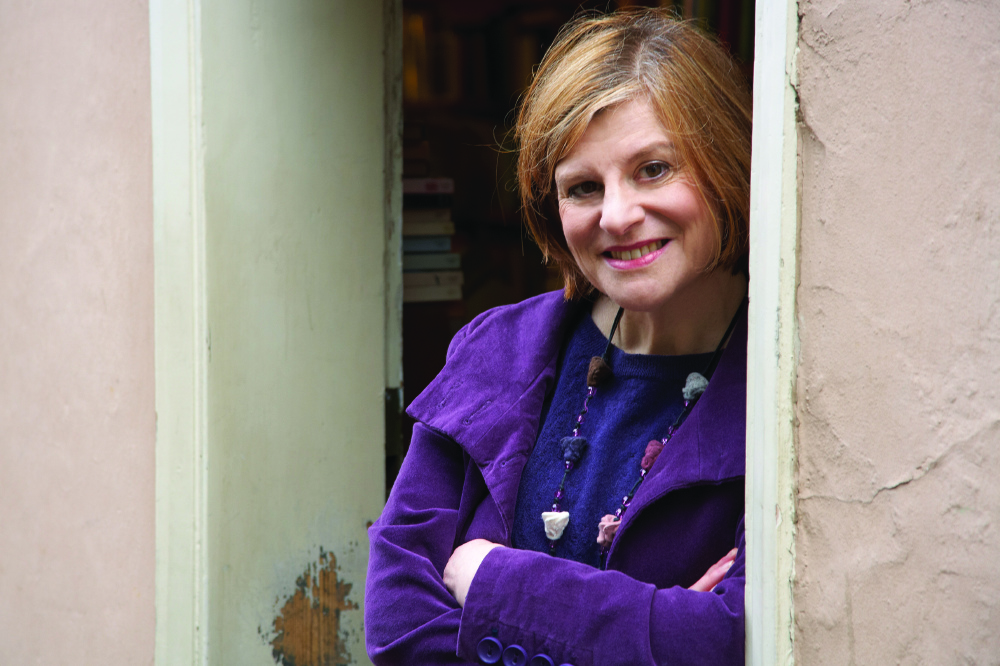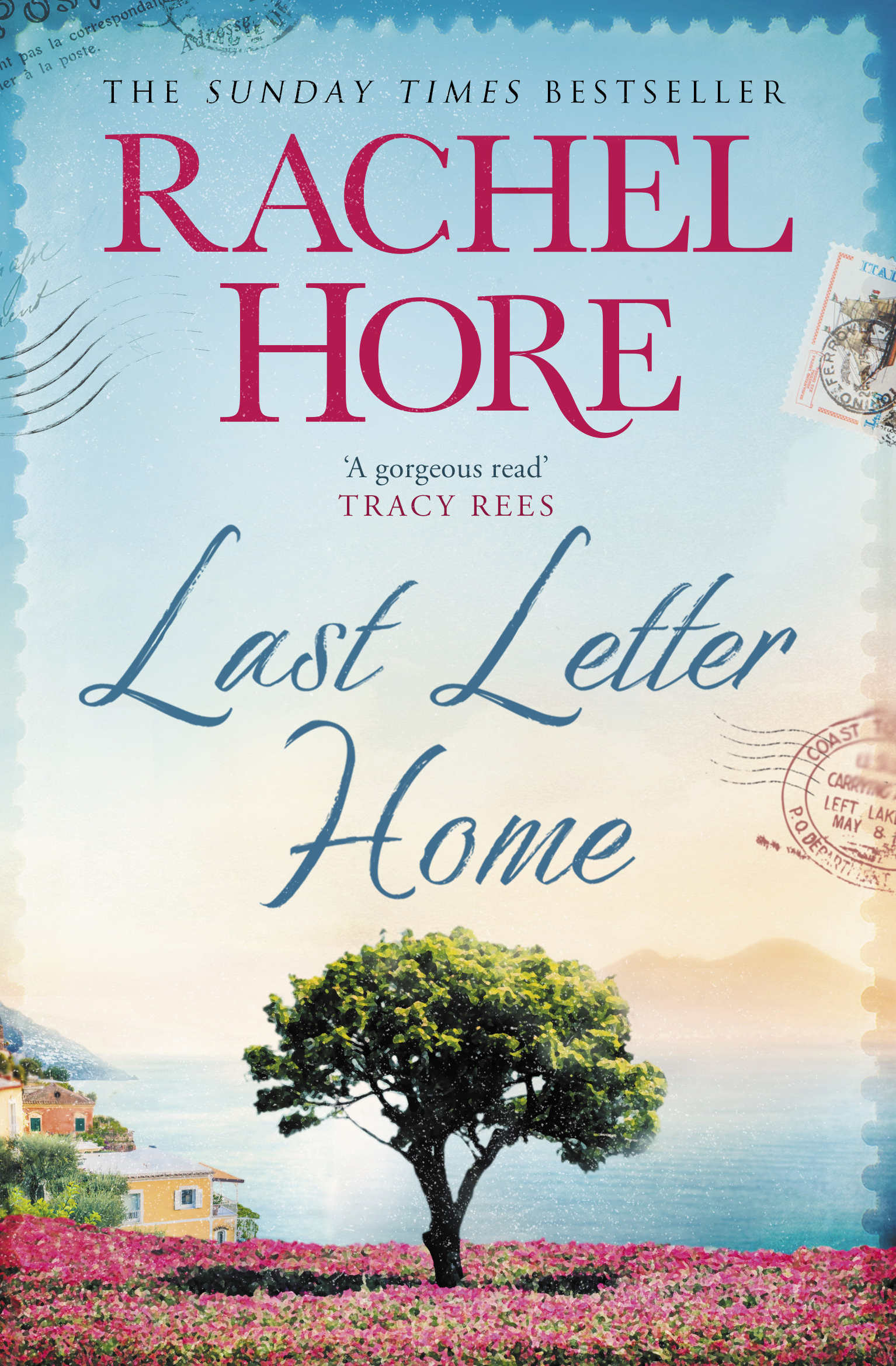J.K. Rowling wrote in a café, Virginia Woolf had a standing desk, Roald Dahl an unheated shed. None of these were ‘ideal’, but products of necessity. I am lucky in that we live in a rambling Edwardian house in Norfolk, so there is a choice of spaces. Like some sensitive species of animal I move around the house depending on the season. In winter I settle at the table in the dining room because it’s the warmest place in the house. I can’t call it ideal. Other members of the family walk in without leave, and at meal times my work has to be piled up and put to one side so that we can eat.

In the summer I move upstairs to a dusty attic. I love my attic, but it’s not air-conditioned and it’s jolly hot under the roof. On the plus side all my research books are squirrelled away up there. It also takes considerable effort for my teenage son to climb the stairs to ask for money or a lift to the city. I love that the window gives a view of treetops and the neighbours’ gardens, but not that when the phone or the doorbell rings and I’m alone in the house, I have to gallop down two flights of steep stairs to answer.
In either space, dining room or attic, I am able to lose myself in writing, and that’s the important thing. It’s not the place itself, but the habit that I’ve formed. My challenge is to forget the intrusions of the outside world and simply to hunker down over my keyboard and tap out words – it’s actually a mental space that I occupy. Whereever it is that you can go into your mind and write down what comes out of your finger tips is your ideal writing space. Habit is everything for novelists. If you don’t turn up at a regular time and put in the hours then the book will not get finished. My writing process may not always go well - because I’m tired or distracted - but nothing at all will get written if I don’t turn up and tap away.
If you are wanting to write, find a regular time and a space that’s yours, if only for a while. The habit you form by showing up in that place at that hour is the best possible thing you can do for your writing (the other being to read other people’s books). It doesn’t have to be quiet, but you do have to be able to ignore the distractions. Many authors like to write on trains. I suppose they provide the symbolism of going on a journey, just like writing fiction. They don’t work for everybody. Douglas Adams (The Hitchhiker’s Guide to the Galaxy) used to have to be locked into a hotel room by his editor to write, sliding finished pages under the door. He’d never developed this habit of devoting time and space to writing, you see.
My ideal writing space is a pipe dream – a quiet room of the right temperature with an inspiring view, a bowl of fresh, scentedflowers and books all around me for inspiration and no interruptions. It’s simply not going to happen because the warp and weft of daily life gets in the way. But daily life is the golddust of writing so I’m perfectly happy with my lot.
-
Rachel Hore's Last Letter Home is out now.


